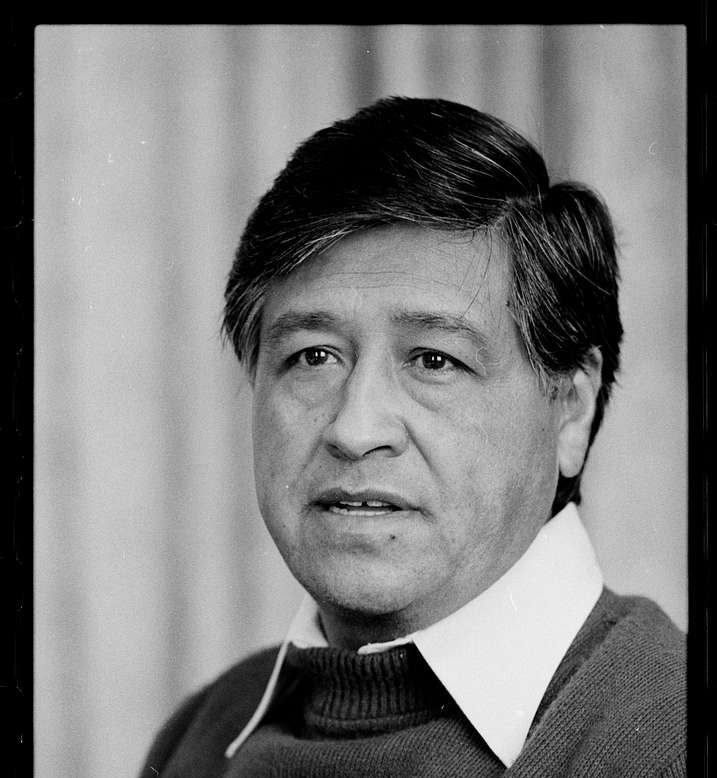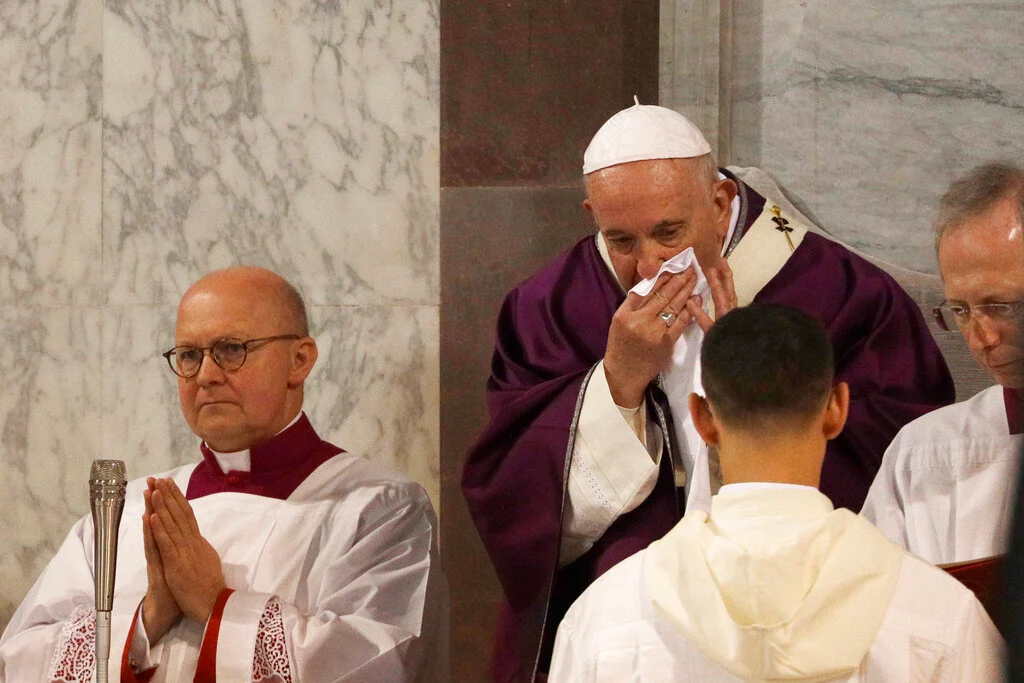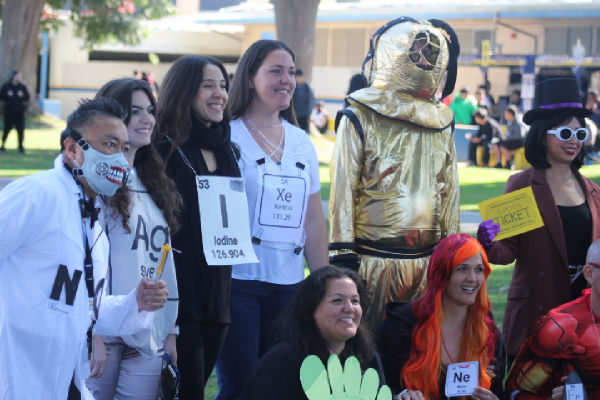On May 2, 2023, 11,500 writers in Hollywood represented by the Writers Guild of America (WGA) declared a strike. They went on strike asking for higher pay, protection against artificial intelligence taking over the industry, and lastly, they also asked for minimum staffing. Two months later, in July, almost 160,000 actors, who are part of the Screen Actors Guild and American Federation of Television and Radio Artists, joined in with the writers and went on strike as well.
These recent events have been delaying many shows and movies and some examples include American Dad by 20th Television, Abbott Elementary by Warner Bros, and Stranger Things by Netflix. Some big Hollywood stars have also spoken out supporting the WGA such as Adam Sandler, Seth Rogan, and Anne Hathaway. Currently, as of September 15, the WGA is still on strike because the Alliance of Motion Picture and Television Producers (AMPTP) has refused to meet with the WGA and accept their demands, but both sides have agreed to sit down and negotiate next week.
Most viewers are in favor of the strike in order to support the writers, but others do not support them because shows are being delayed. A Data for Progress poll found that 67% of Americans support the strike by the WGA and only 18% of Americans are opposed to the WGA strike. “I can’t watch my new season of Stranger Things,” said Kayley Soto a senior at BCCHS (12).
Although some people might think that this strike does not have major impacts outside of its immediate industry, it does, because this strike has a major effect on the economy–especially in California. It is projected that this strike has cost the state of California over three billion dollars over the last 100 days. This strike has also affected many businesses that rely on Hollywood for their income, such as local hotels and restaurants. It is also expected that streaming services such as Netflix and Disney+ will have to raise their subscription costs to compensate for some of their actors choosing to side with the strike as well as not acting or staring in any movies or shows until demands are met.
Overall, this strike has led to many negative results. “This has to end well or else we won’t have our shows and movies back,” stated Birmingham student Yulianna Colio (11).
Hopefully, the planned talks that the WGA and AMPTP will have next week will end this strike, and both sides can come to an agreement. Writers who are properly compensated will have an increase in productivity and this will subsequently lead to the making of better shows and movies. This strike may very well lead to the WGA winning, or at least getting most of their demands met.













